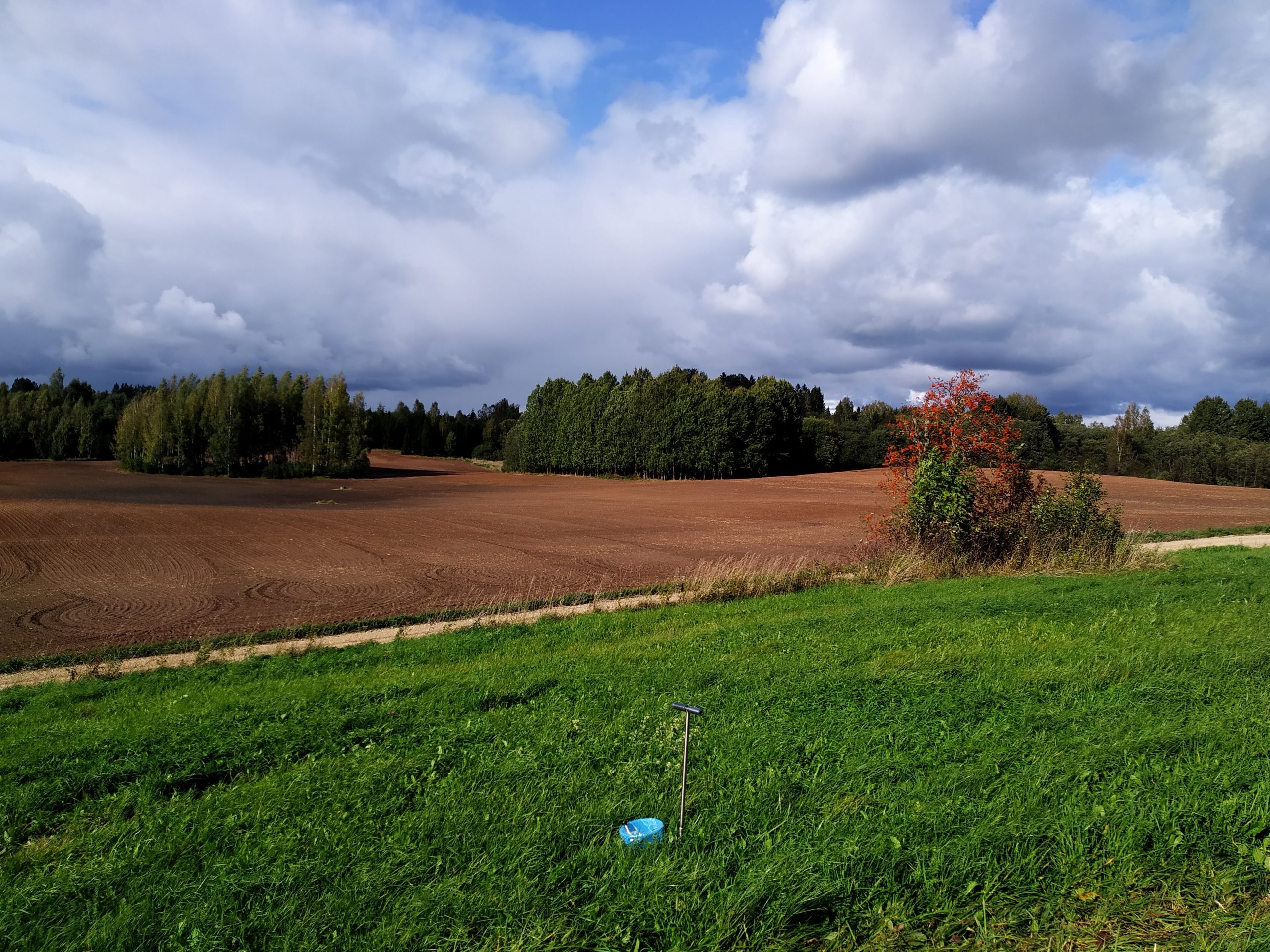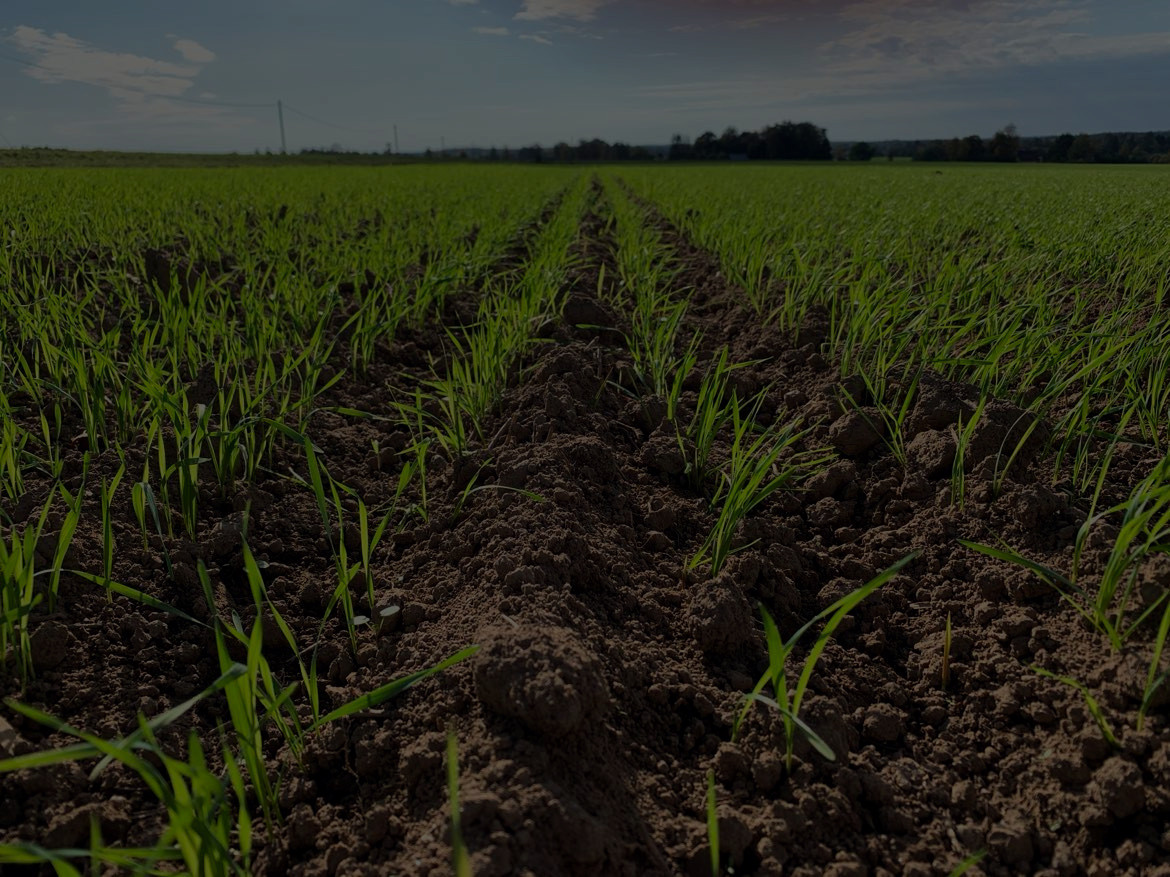
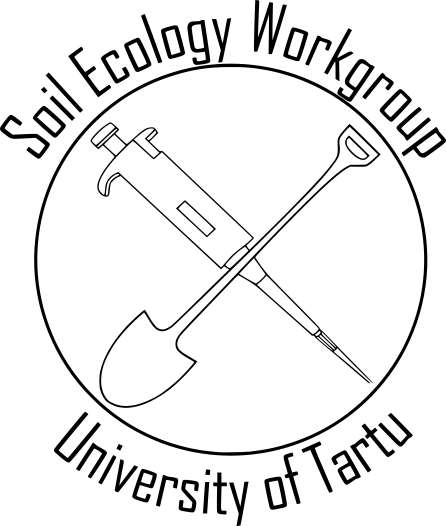
We connect basic science with practice and create evidence-based management guidelines to help maintain and restore soil biodiversity.
We are interested in patterns of soil biodiversity and its variation in natural and human-influenced systems. Our special focus is on fungi, including mycorrhizal fungi, but also bacteria, greenhouse gases and agricultural land-use.

NEWS
-
Prof. Maarja Öpik awarded national Order of the White Star
Ahead of the anniversary of the Republic of Estonia, President Alar Karis recognized 203 outstanding people with national decorations, including Academician, Director of ÖMI and Professor in Molecular Ecology Maarja Öpik. Prof. Maarja Öpik was awarded the Order of the White Star of the Republic of Estonia, 3rd Class. Prof. Öpik focuses her research on […]
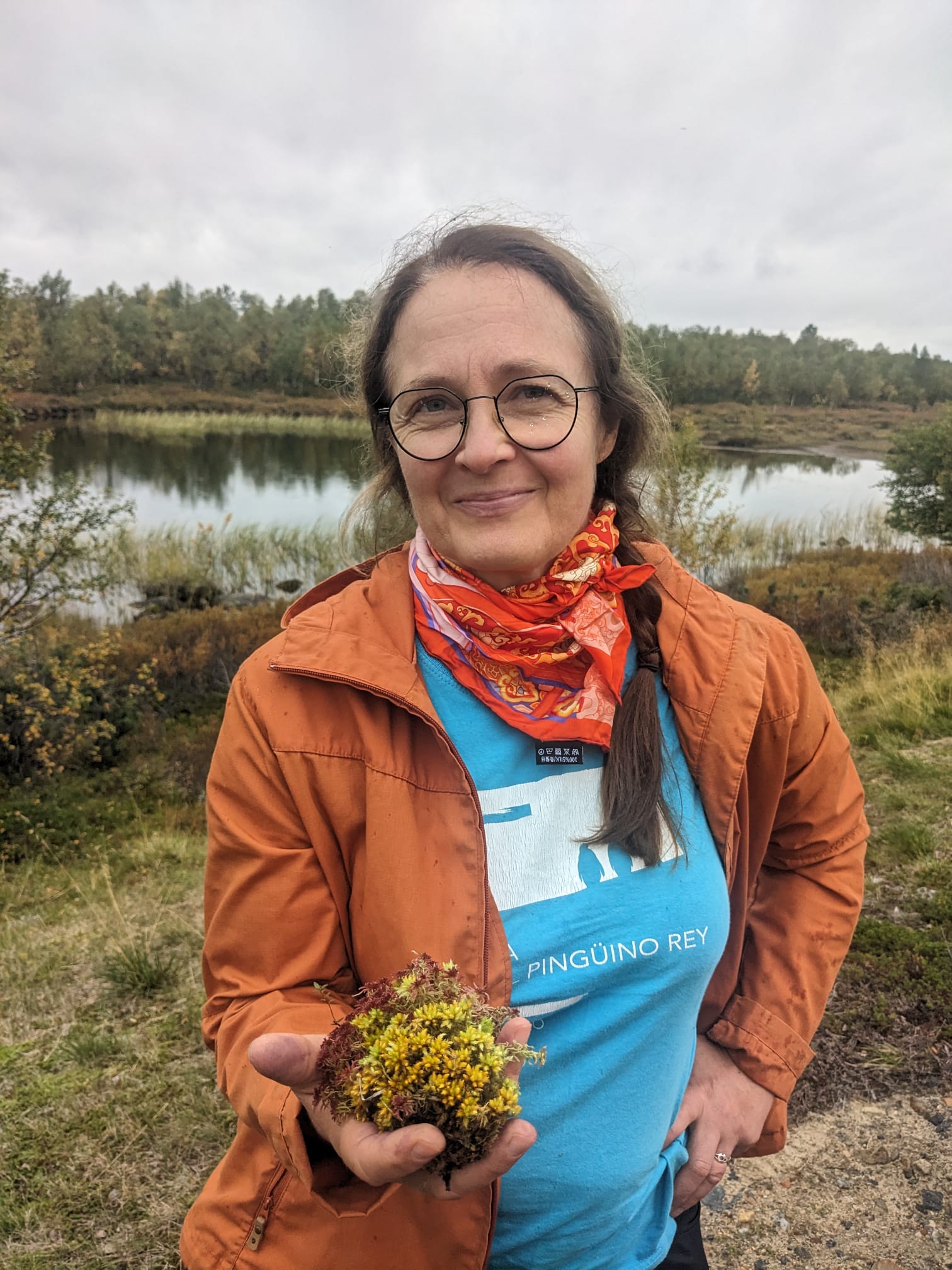
-
Bringing Green Thinking to January: Soil Ecology Workshop at Northern Roots Forum
During the dark and cold days of January, the Northern Roots Forum on Regenerative Agriculture brought warmth, inspiration, and collaboration to the farming community. Spanning two days, the forum gathered hundreds of farmers, researchers, and agronomists to share knowledge, experiences, and practical solutions for building resilient agricultural systems. A highlight of the event was the […]

-
Jaak Pärtel received II prize at the national student research paper competition
This month, good news just keeps coming! We are very pleased to announce that Jaak Pärtel received the 2nd prize at the natural sciences field for his bachelor’s thesis “Global Distribution and Abundance of Mycorrhizal Fungi” at the 2025 national student research paper competition. Jaak’s bachelor’s thesis was based on DNA samples isolated from soil […]
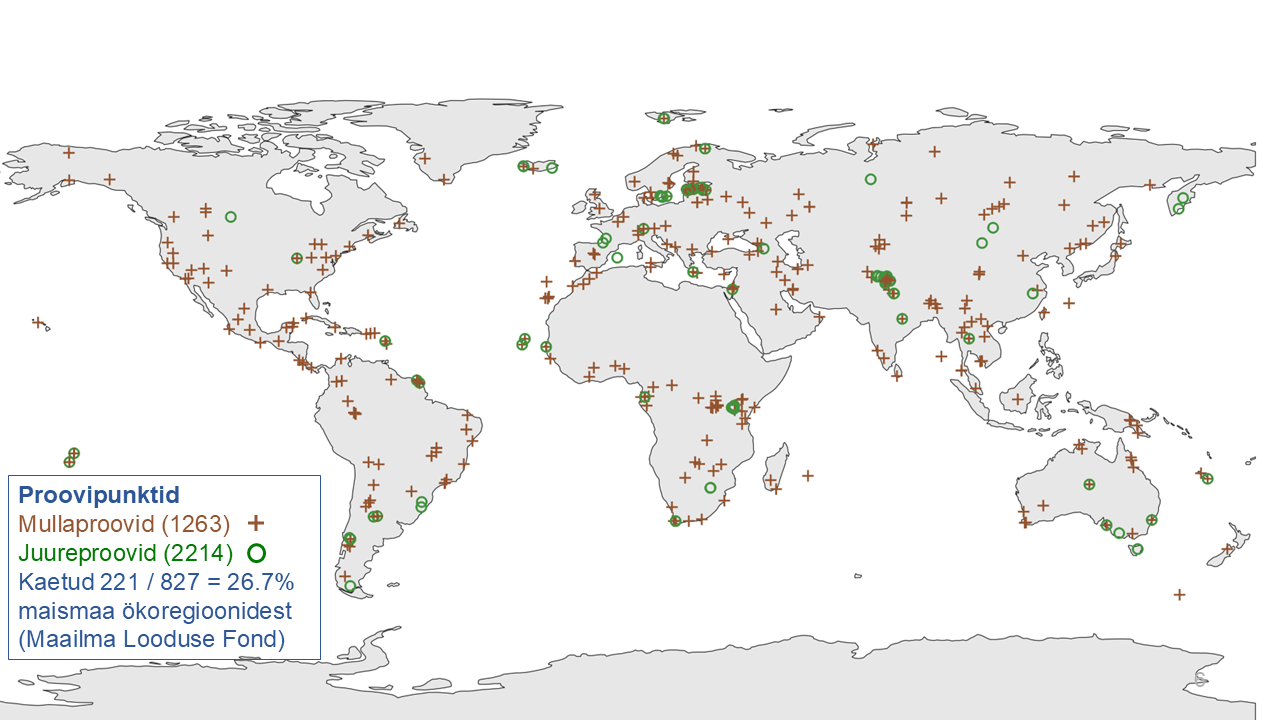
-
Maarja Öpik elected as Academician of the Estonian Academy of Sciences
We are proud to announce that our institute’s director and professor of molecular ecology, Maarja Öpik, has been elected as an academician in the field of soil science by the General Assembly of the Estonian Academy of Sciences. As an academician, Maarja aims to strengthen dialogue between science, society, and policymakers, advocate for better research […]

-
Inga Hiiesalu-Vahter introduced the Agroecology centre of excellence at the National Science Forum TeadusEST
On December 4, the Estonian Research Council organized the national science forum “TeadusEST 2025: Competition at the top of Estonian Science is Fierce”, which focused on Estonian centres of excellence and the evaluation of science. At the event, Inga Hiiesalu-Vahter introduced the centre of excellence AgroCropFuture, “Agroecology and new crops in the future climates”, where […]
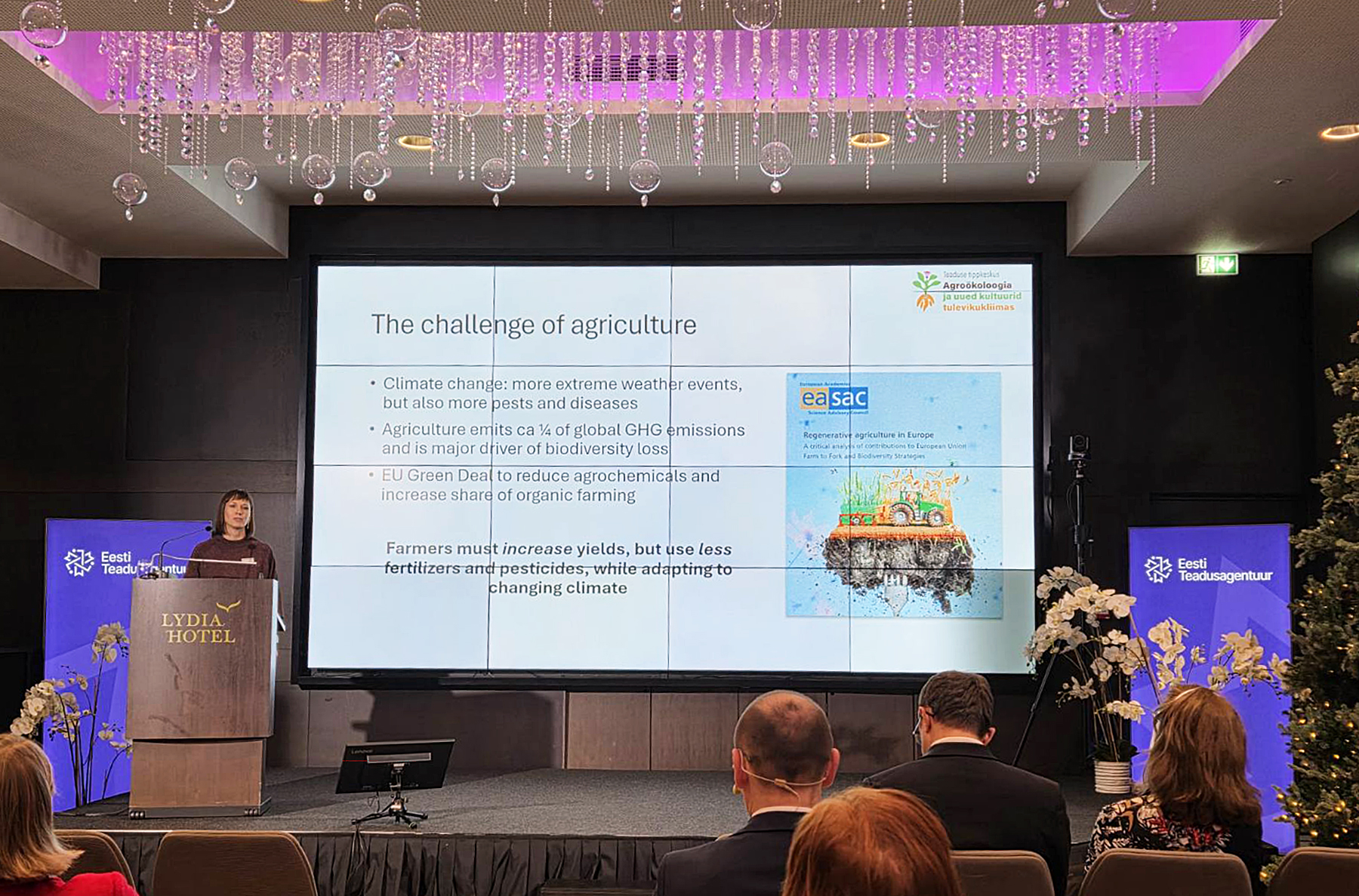
-
The mobile biology class visited Viimsi Gymnasium
On November 28, 2025, a career day was held at Viimsi Gymnasium, where, among other organizations, the Mobile Biology Class of the University of Tartu was invited. They conducted a workshop on cutting bacterial DNA with enzymes. During the workshop, students were able to learn about the latest bioscience methods and hear about various applications […]
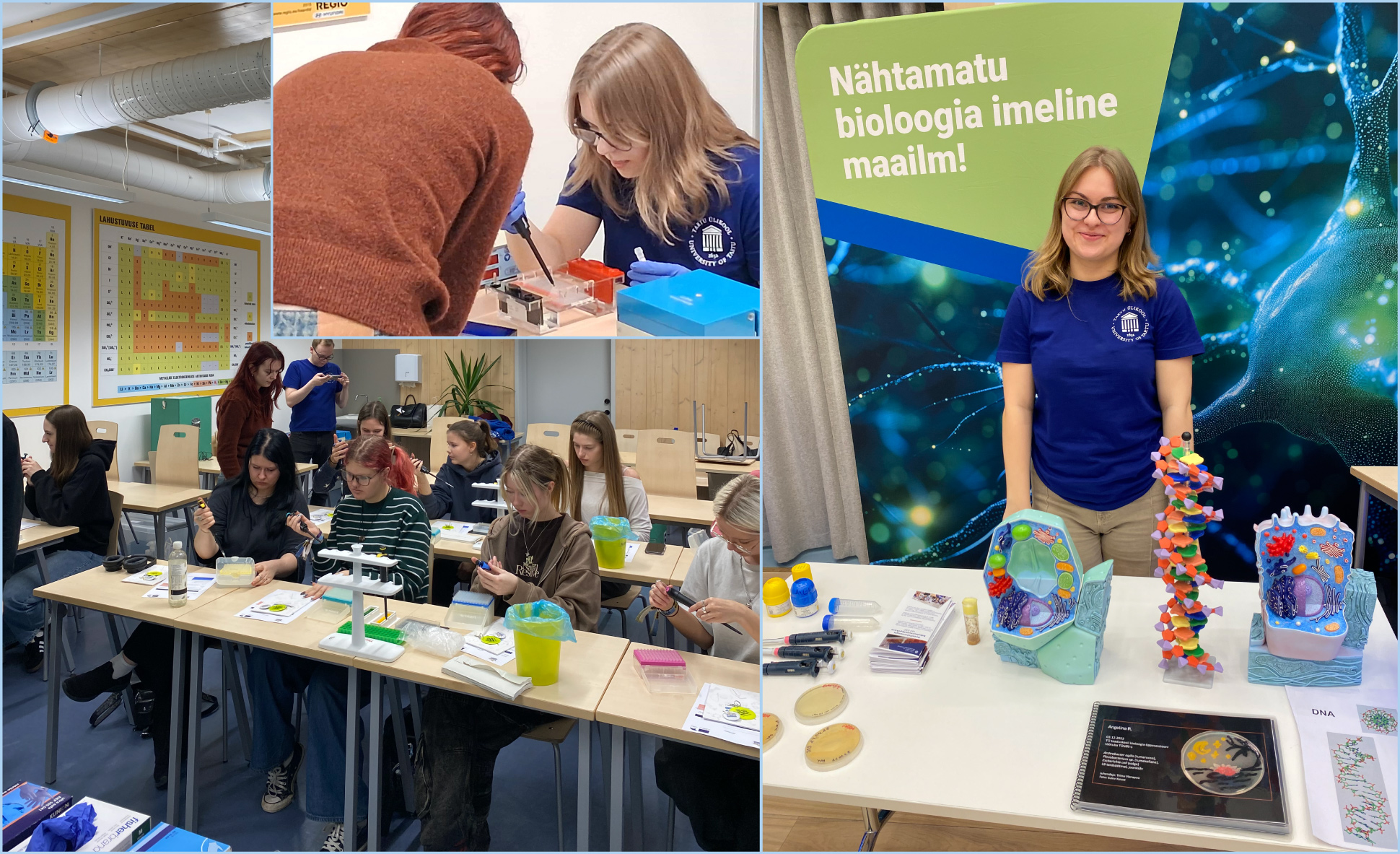
Soil Ecology

Who lives in the soil? What is their role there? How do they interact with each other?
How do management and natural disturbances affect soil organisms?
These are questions that the Soil ecology workgroup at the University of Tartu is investigating.
Our special focus is on fungi, including mycorrhizal fungi, but also bacteria, greenhouse gases and agricultural land-use. We are interested in patterns of soil biodiversity and its variation in natural systems such as grasslands and forests, and in human-influenced systems such as arable fields and disturbed areas.
We connect basic science with practice and create evidence-based management guidelines to help maintain and restore soil biodiversity. The soil is alive and the soil biota within it is what keeps the soil, plants and entire ecosystems functioning.
